Isabel waits patiently in the hallway, as I’m still interviewing Jack. “We’ll be just a few more minutes I say” and she eagerly nods her head and closes the door. Jack returns to the discussion of his sister and how difficult she is to love; and yet, he says, “I can’t hate her. It’s a disability in me.” He tells me about how angry he is; he asks if it’s normal to feel physically sick with so much anger inside. He tells me that he has seen his sister harm herself:
“I see how beautiful she is, but she doesn’t. I know she has human dignity, but she doesn’t know it. She doesn’t go to this school and so she doesn’t take classes in the Human Dignity Curriculum.”
Isabel is interviewed next; she says that her younger sister doesn’t know what human dignity is: she pushes people and calls them names. Isabel doesn’t retaliate anymore though, as she tries to respect her sister’s dignity. “Has the human dignity curriculum changed the way you behave at home,” I ask?
“Yes. I get along better with my Mom now. We used to fight all the time, ever since the divorce. I’m really close with my Dad. Then I realized that my Mom has dignity, too. And so I comfort her when she is sad and she comforts me, too.”
A mere three months ago, Isabel said she was unable to talk to her Mom. Her schoolwork was slipping as she was tossed back and forth between two homes.
“After the divorce, I forgot a lot of things,” she says. “The lesson on thinking and choosing helped her remember things.” “Why do you think that is?” I ask. “I can’t explain it, it just did.”
The effects of divorce on children can be devastating. Novelist Pat Conroy characterized the impact of each divorce as the “death of a civilization.” But as civilizations fall, they can also be rebuilt. With HDC, you can almost see their awareness of their value start to change their behavior.
When I first met Jarvis, he shuffled into the interview with dirty nails and long hair hiding most of his face. He wasn’t interested in my questions and generally dismissed their relevance to his life with a shrug. Today, he says “hello” when he enters the room, his hair is pulled back from his face and his nails are short and clean. When I ask if the human dignity class has changed him at all, he says, “oh, definitely.” When he goes to leave, he politely thanks me for taking the time to talk with him.
The Human Dignity Curriculum is being evaluated by researchers at the University of Florida for its impact on Social and Emotional Learning (SEL). The evaluation is taking place in two sites across North America, one in a public school in Kansas and a private school in New Brunswick. Students in Grades 5-8 in both sites were interviewed, as well as their teachers, to gauge the impact of the curriculum on self-perception and pro-social behaviors.
To protect the privacy of students, all names were changed for this article.


